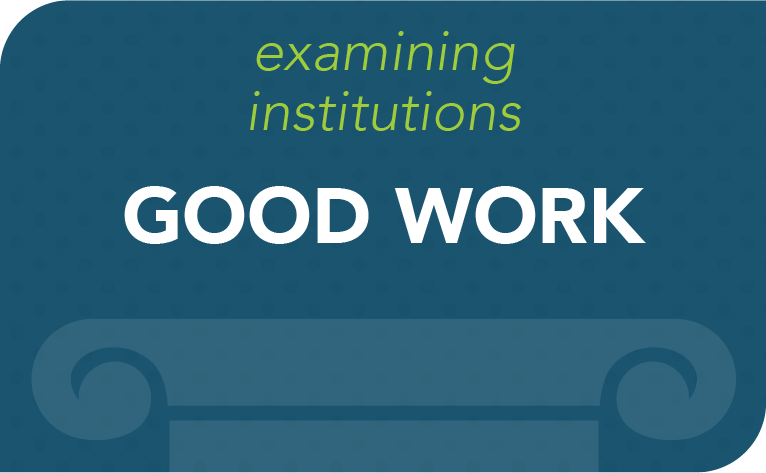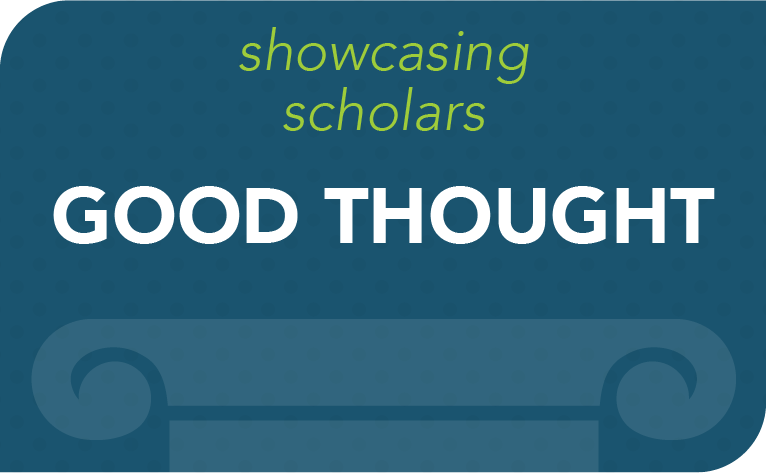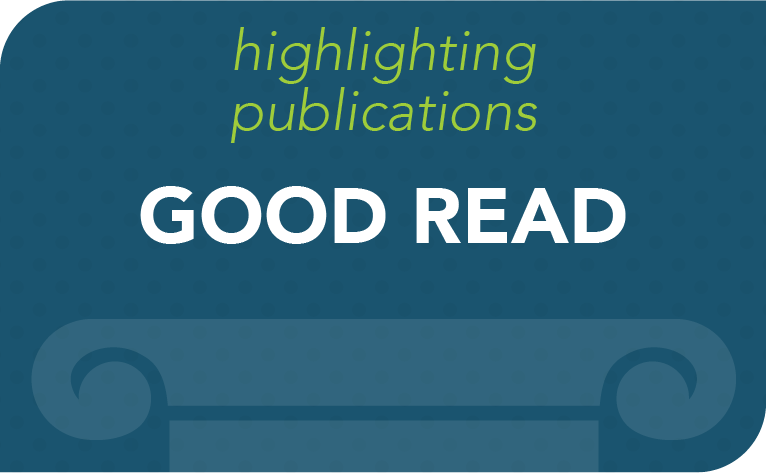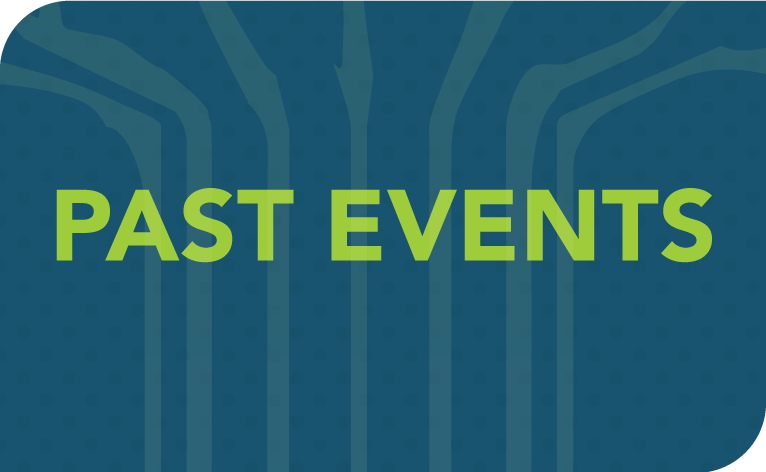
Exploring Social Justice, Empathy and Engineering Pedagogy
March 2021
How can best practices in community engagement improve engineering, and what does engineering have to do with justice? Engineering professor David Delaine and the Inclusive Community-Based Learning lab (iCBL) at The Ohio State University (OSU) is exploring these questions in a reciprocal partnership with community member Paula Nabrit and her family at the Charles Madison Nabrit Community Garden in Columbus, Ohio.
“The partnership is pursuing social justice outcomes for a local, predominantly Black community by providing access to healthy food in a food insecure neighborhood and by creating opportunities for neighborhood youth to be exposed to STEM education,” Delaine said. “The partnership also supports University outcomes by providing the context for a service-learning based course, supported by an OSU partner in this work, Dr. Chris Ratcliff, and serving as a platform for data collection and research.”
The iCBL defines a reciprocal partnership as one where the parties benefit mutually from the needs addressed and actions taken within service learning. Delaine hopes that research and theory can better inform how to develop and maintain reciprocal partnerships in engineering in the context of community-based learning. The goal is to promote understanding of how engineering and injustice intersect on an everyday level and as a pedagogy for cultivating empathy in engineering students.
“I recognized that education, and perhaps especially higher education, has a duty to more broadly disseminate and share what it does, the resources that it has, and the ways it can promote better lives for people through education,” Delaine said. “But often when institutions leave their walls, they do so, intentionally or unintentionally, in ways that maintain their authority. There are new models that promote more equitable ways of doing this, mostly coming out of the community engagement literature.”
In addition to developing more reciprocal and equitable partnerships, Delaine is also interested in building on others’ research on empathy in engineering to explore whether empathy could be explicitly taught in community-based learning.
“The assets that the pedagogy brings align well with the concept of what empathy is and how it is valuable in engineering,” Delaine said. “Our quantitative results indicate that community-based learning is a valuable platform for developing skills in empathy.” They found that service learning, naturally an effective way to develop empathy, was even more effective when empathy was taught directly in context.
In addition to the community garden, the iCBL has partnered and conducted research in an international service-learning project, efforts with the OSU Humanitarian Engineering Scholars Program, a K-12 outreach program with the OSU chapters of the National Society of Black Engineersand Society of Hispanic Professional Engineers, and through the Toy Adaptation Program in the College of Engineering at OSU. By looking at curricular, co-curricular, and volunteer initiatives, the lab is assessing learning outcomes and effectiveness in a variety of contexts. A common thread in the iCBL work is helping engineering students develop a professional identity with a sense of meaning that is geared toward good work.
“I don’t believe that anything is 100% technical. We are humans. As engineers we do things that are relevant towards society. Even the most technical-seeming task will have ramifications and implications on all of us,” Delaine said. “We live in a world where equity has always been a challenge. Equity has often been foregone for capital gains and the gains of a few. Without centering elements of justice, without teaching engineers and all professions the ways in which their work intersects with considerations of justice and equity, we are leaving blind spots with respect to the to the potential good and the harm embedded within our work.”
Interested in learning more? Watch this video presentation by David Delaine on the work of the iCBL.





